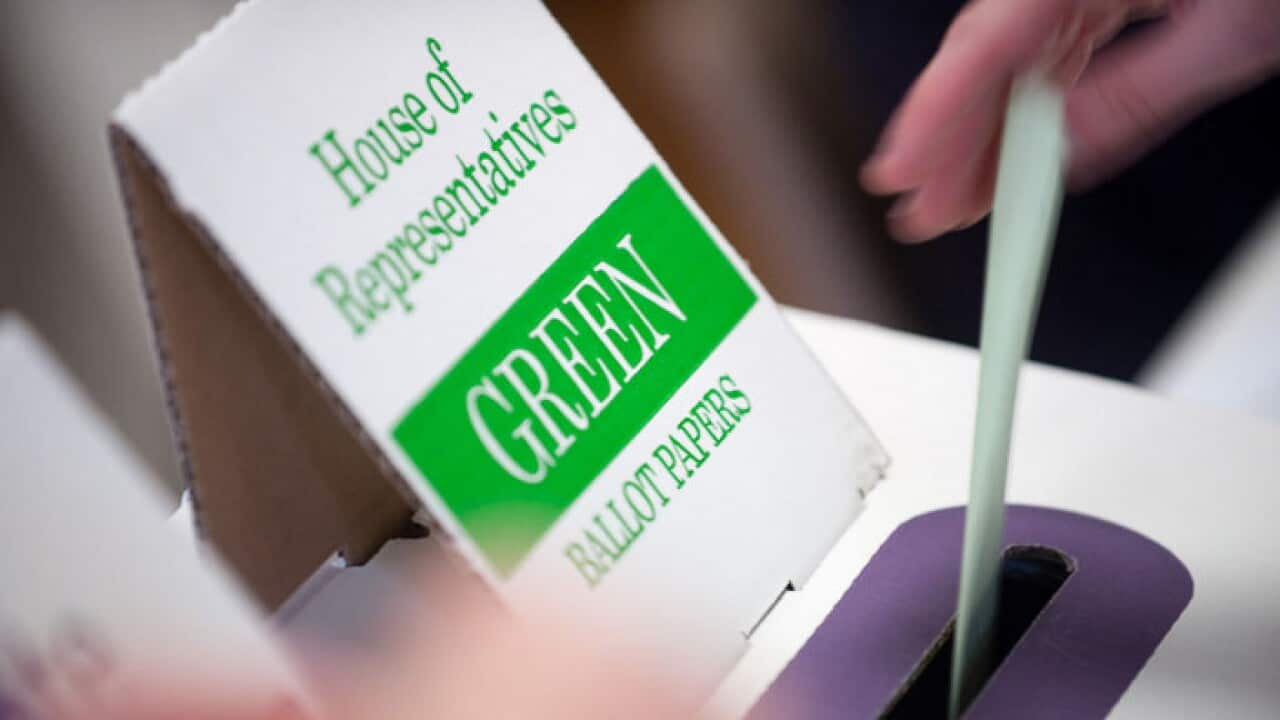The Australian federal system constitutionally divides powers between the Commonwealth or federal government and six states.
All laws made by parliament must pass through both the House of Representatives and the Senate and then signed by the Governor General.
Sydney University's Professor Rodney Smith says the federal government plays a key role in Australian politics.
"Primarily because it collects most of the money that governments get to spend in Australia. It spends a lot of that money on its own programs but it can also say to the states and territories we're going to give you some of this money back but you have to spend it in a particular way. You have to spend it on roads for example, or you have to spend it on education or you have to spend it on hospitals so the federal government is arguably the most important level of government in Australian politics."
The Senate, often called the Upper House, comprises 76 members, twelve from each of the six states and two from each of the two territories.
Its main role is to review legislation that comes from the government of the day.
"The Senate often sends those proposed laws to a smaller group of senators, a committee, to examine them in more detail and ultimately decides whether or not it likes those proposed laws. It might suggest amendments that is changes to those proposed laws or it might say we don't like this law at all go away and think about doing things a different way.
Senators serve a six-year term with half the Senate elected every three years during the federal election.
When the men who wrote the constitution in Australia in the late 1880s and 1890s came up with the idea of having a Senate, part of their ideas was the Senate would be a bit of a break on radical ideas, impulsive ideas that a government might have. So in order to do that they decided one good way of achieving that would be to have only half the members of the Senate elected at any one election.
The House of Representatives is often called the 'lower house' or the 'people's house'.
It currently consists of 150 [but will be 151 at the 2019 federal election due to redistribution] members from electorates of roughly the same population size across Australia serving a three-year term.
Different population density can mean some electorates are smaller in the cities while electorates in rural areas are larger.
"Apart from representing geographical areas of Australia, the government of the day is formed by the person who is able to gain a majority support within the House of Representatives.
The Coalition government led by Prime Minister Scott Morrison currently holds a majority of 76 seats in the House of Representatives while Labor party holds 69 seats.
To win government, the leading party needs to gain at least 76 seats in the House of Representatives.
Professor Rodney Smith says marginal seats play an important role in elections.
"A marginal seat is a House of Representative seat in which the two major parties, the Labor party or the Liberal National Coalition, have reasonably even levels of support then if we think about having 100% of voters in an electorate or a seat. If say, 51% of those support one party and 49% of those support another party that's a very close election outcome. So a marginal seat describes the seat with that kind of balance of support so it could go to one party at one election and another party at the next election."
If both major parties win similar number of seats in the House of Representatives it could result in a hung parliament.
The most recent example was the 2010 election when neither of the major parties gained the 76 seats needed to form government.
This led to a Labor minority government being formed with support from three independent MPs and the Australian Greens party.
"A hung parliament refers to a situation where maybe out of the 150 seats, Labor might have 72, the Liberal National parties might have 72, which leaves 6 seats in the hands of independents and minor party MPs. So because the prime minister and his or her government has to have the support of the majority of the members of the House of Representatives, it means that neither Labor or the Coalition in that circumstance can automatically form government. They have to negotiate with the independent MPs and the minor party MPs in order to form government."
One in four Australian residents are born overseas and nearly half of the population have at least one foreign-born parent.
This cultural diversity, however, isn't reflected in Australian politics.
"Often parties preselect candidates to run in elections who come from a relatively narrow group of people. Typically they'll be men. Typically they'll be people who've worked in the professions. Typically they'll be people who speak English as a first language and that's what they grew up doing.”
Deakin University's Professor Fethi Mansouri is director of the Alfred Deakin Research Institute for Citizenship and Globalisation.
He believes political parties need to diversify in order to engage with new and emerging communities.
"Until we start to see the demographic diversity that we have partially at least represented in the leadership structure that we are developing in Australia there will always be bit of a gap between political elite in this particular case and the electorates that they are trying to talk to. There are a lot of issues that migrants are really really interested in and care about but I don't think the government or the opposition for that matter or maybe some of the minor parties have been able to articulate those in ways that are accessible and understood easily by those communities."
Over 15.6 million Australians are expected to cast their vote on polling day.
Professor Mansouri says it is especially important for new Australians to participate in this democratic process.
"And we want them to be able to understand the challenges that lie ahead for this country. Migration is a huge contributor to Australian society both demographically, economically, culturally and socially, etcetera. There are specific problems that do affect migrant communities. If we are not ensuring those communities are fully engaging in the political system, then we will have a big problem. It's already there. But it will deteriorate, it will become even more as a challenge for us moving ahead."
Other top stories

Facebook to ban foreign political ads for federal elections






